Banking on truth: Hip hop artist unrepentant on reparations and race
By Richard B. Muhammad | Last updated: Jan 6, 2015 - 1:31:26 PMWhat's your opinion on this article?
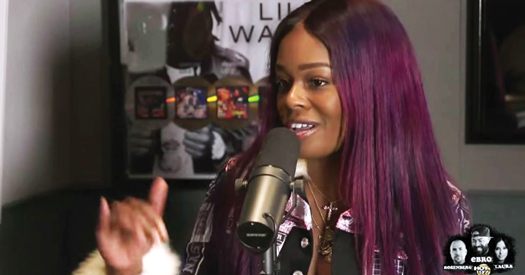
Hip Hop artist Azealia Banks spoke to hot97 radio personalities on race, music and culture.
|
(FinalCall.com) - Azealia Banks isn’t the queen of Twitter beefs. She is a talented and a rare person: An unapologetically Black artist with a social conscience and a strong voice.

|
The month of December found her speaking her mind and speaking truthfully via Twitter about the need for reparations. In an interview, she pushed back against the appropriation of Black culture, affirmed the value of Black culture, creativity and life and listed “The Fall of America” by the Honorable Elijah Muhammad on Instagram as a vacation reading choice.
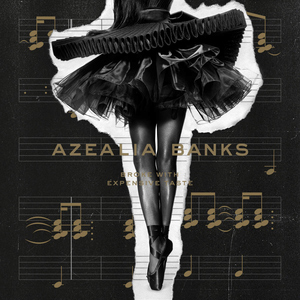
|
In between those tweets, she included a link to a list of Black inventors and their inventions and a little note saying, “I just wanna shake my Djibouti.” A previous tweet called the name of the West African nation her new favorite word.
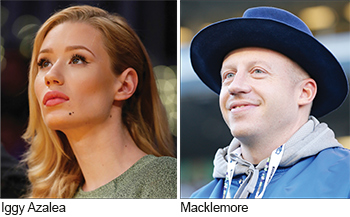
|
“We Black American People need to have our own little exclusive autonomous plutocracy within the U.S.,” she tweeted Dec. 29.
“I think that, after we somehow get HR-40 approved (which we CAN if enough young people know about it) ... There should be an elected group ‘Black Trust’ members who can handle the money and administer the monies as necessary.” H.R. 20 is the annual reparations study bill put forth by Rep. Conyers. It would open the door for reparations for Blacks in America beginning with a commission to study the issue.
“I don’t think reparations should be paid out to every individual black family, because the money would be spent so unwisely....” she added.
Then on Dec. 30: “Is Macklemore gonna help us get reparations or nah?” The White rapper and Ryan Lewis won 2014 Grammy awards for Best Rap Song of the year, Best Rap Performance, Best Rap Album and Best New Artist.
Her question spoke to culture, power and the ability of White artists like Iggy Azalea to benefit from Black culture but have no commitment to the culture or the people the culture springs from. It also offered a chance for Macklemore to offer an enthusiastic “yes.”
But Macklemore isn’t the biggest target for cultural smudging, which belonged to Iggy Azalea, who has been blasted for calling Black friends “niggas” on social media. She also apologized. The much-hyped hipster has also been nominated for four Grammy nominations.
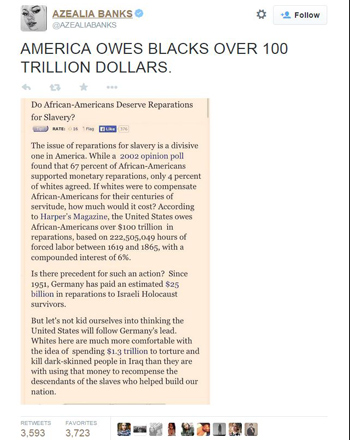
|
Then there was the Forbes magazine cover “Hip-Hop Is Run by a White, Blonde, Australian Woman.”
“The message to White kids is, ‘You’re great. You’re amazing. You can do whatever you put your mind to.’ And it says to Black kids, ‘You don’t have s--t. You don’t own s--t, not even the s--t you created yourself,’ ” said Azeala Banks in an interview on New York radio station HOT97, which bills itself as “the world’s biggest and most well known Hip Hop radio station.”
This hip hop artist’s call for reparations and self-determination come at an important time. The Caribbean Community and Common Market is pursuing a lawsuit through the law firm Leigh Day to pursue slavery reparations from the UK, France and the Netherlands. Fifteen Caribbean nations are part of the lawsuit.
While Azealia Banks has been talking perhaps $7 trillion or $8 trillion in restitution, controlled in a way to make sure that Black folks benefit from the money, others have said reparations for slavery could total over $100 trillion.
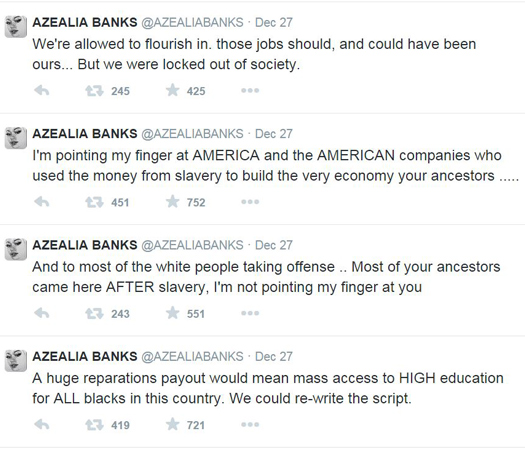
|
What happens if this 23-year-old keeps pushing this idea of Black enclaves and reparations? Who could she impact and what youthful energy could she ignite?
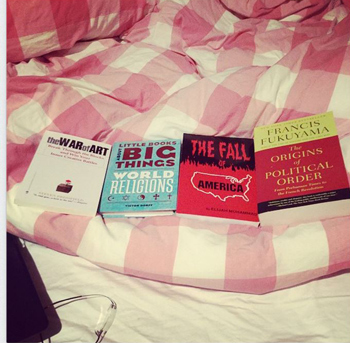
|
Azealia Banks is being told to reject the use of her power and platform for something other than self-satisfaction and a sick narcissism that pervades the music industry. She is being told to escape the plantation, don’t worry about anyone left behind and dance to the master’s tune. But her soul seems to reject such advice and such racial cowardice.
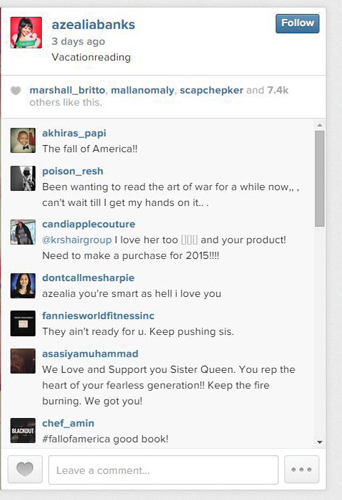
|
Deadria Farmer-Paellmann, executive director of the Restitution Study Group, has done incredible research on the connections between slavery, wealth and reparations. She was the lead plaintiff in a class action lawsuit against JP Morgan Chase Manhattan Bank and 18 other companies because of the historical roles of these firms in slavery.
Nine reparations lawsuits aimed at corporations were eventually combined into a single class action suit in 2004, which was heard in federal court. The case went back and forth over several years and in 2007 the Supreme Court refused to hear the case.
So the reparations struggle needs new energy and new life, it needs Black youth. Last year, the Honorable Minister Louis Farrakhan talked about the need to infuse the reparations movement with young people and he spoke to students in November at Morgan State University with reparations as his subject.
While some may not like her outspokenness, her language or even aspects of her music, Azealia Banks loves her people and feels their suffering. She is an example of the fearlessness of Black youth referred to by the Minister and words she retweeted. She shouldn’t have to apologize for that and I hope she never will. Some of us feel her pain and her tears and we won’t leave her out there all by herself.
Richard B. Muhammad is editor in chief of The Final Call newspaper. He can be reached at [email protected]. Find him on Facebook at Richard B. Muhammad and follow him on Twitter: @RMfinalcall. Catch his weekly segment Sundays at 8 a.m. CST on TouchFM.org.
INSIDE STORIES AND REVIEWS
-
-
About Harriett ... and the Negro Hollywood Road Show
By Rabiah Muhammad, Guest Columnist » Full Story -
Skepticism greets Jay-Z, NFL talk of inspiring change
By Bryan 18X Crawford and Richard B. Muhammad The Final Call Newspaper @TheFinalCall » Full Story -
The painful problem of Black girls and suicide
By Charlene Muhammad -National Correspondent- » Full Story -
Exploitation of Innocence - Report: Perceptions, policies hurting Black girls
By Charlene Muhammad -National Correspondent- » Full Story -
Big Ballin: Big ideas fuel a father’s Big Baller Brand and brash business sense
By Bryan Crawford -Contributing Writer- » Full Story






 Click Here Stay Connected!
Click Here Stay Connected!








